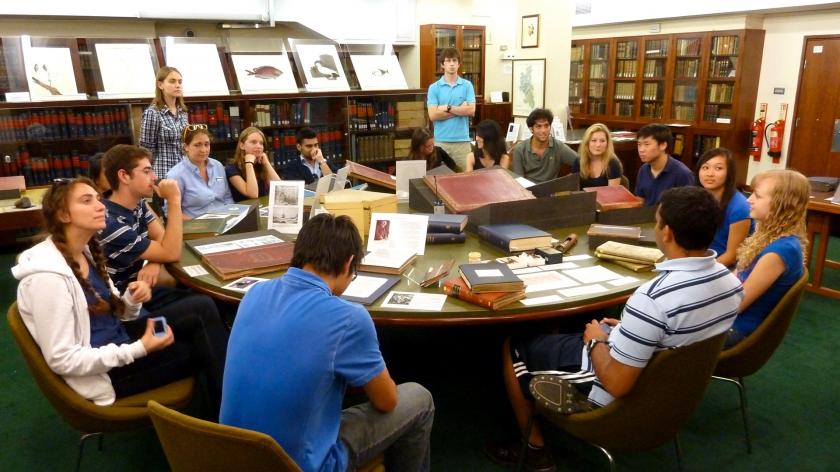Summer school is a great way to get a head start on university, but which subjects are the most popular, and why?
Spending a few weeks at summer school is one of the most effective ways to get a glimpse of university education. Programmes like Immerse Education Cambridge summer school in the UK offer dozens of courses led by expert tutors from leading universities across the world. These courses will help to increase your knowledge of a subject, your confidence, and your social skills, and grant you an unparalleled, immersive experience that both universities and future employers will take notice of.
If all that appeals to you, the only question remaining is: what subject am I going to study? Below are a list of Immerse Education’s most popular courses, and the reasons for their popularity.
Mathematics
Maths is a far-reaching field that finds relevance in everything from medicine and engineering, to marketing and finance. Immerse Education’s maths course covers a wide range of topics, and explores the ways in which mathematical formula and theories can be put to practical use. It may be that you want to increase your confidence in the subject so that you can follow your desired career as a doctor or economist, or perhaps maths is your passion, and you want to experience how maths is taught at university level. In either case Immerse Education’s maths course will equip you with powerful tools you can put to many uses.
Law
There are certain subjects that secondary school curriculums do not touch, and unfortunately law is one of them. If you aspire to be a barrister, or work in human rights or environmental law, beginning an undergraduate degree can be something of a leap of faith. The Immerse Education law course allows you to see what different aspects of the law actually involve, through both academic study and first-hand experience of life in a courtroom. This is invaluable experience for anyone who dreams of a life in law.
Medicine
As with law, most undergraduate medical students don’t experience the subject until their first university lecture. Immerse Education offers its medical students the opportunity to cover a range of topics, and encourages them to develop their critical thinking, practical skills and ability to collaborate in groups to solve complex medical problems. These are all essential skills for any aspiring medical practitioner, and will serve you well in a medical degree.
History
Secondary schools do offer history courses, but due to the magnitude of the subject, they can only cover so much. Immerse Education history programme offers a chance to explore the study of history for the intellectually curious. Different periods of history are not isolated from one another by time or geography, and our students gain an understanding of broad historical themes, and of best historical practice. We encourage you to think critically and develop informed, logical arguments, as well as providing an unparalleled insight into how history is studied in higher education.
International Relations
Another intriguing subject is international relations – an academic discipline focused on the interaction of factors in international politics. This programme offers students greater clarity on the ways in which our modern, increasingly globalised world is run, answering questions such as: what are the powers of the UN? What is the source of state power? And how have agreements and treaties forged relationships between countries that were previously at war?
Any young person interested in helping to shape the future would benefit hugely from undertaking the Immerse Education international relations programme. Our international cohort of students will also introduce you to people from different places, with different backgrounds, beliefs and views of the world, helping you to forge friendships across geographical, religious and political divides.
To read more on topics like this, check out the lifestyle category.


 Steps To Follow When Starting A Business In Food
Steps To Follow When Starting A Business In Food